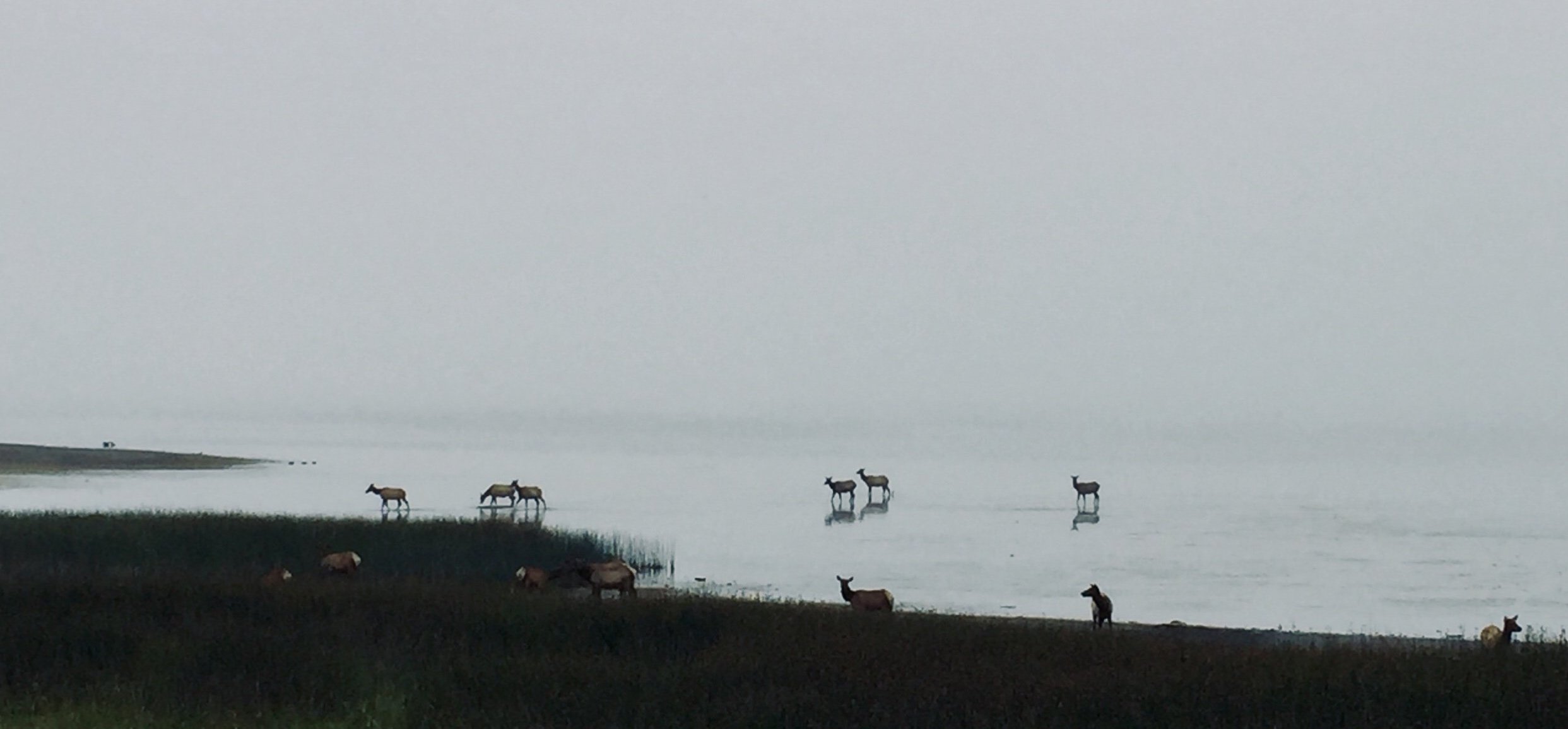Luis Buñuel
This file is licensed under the Creative Commons Attribution-Share Alike 4.0 International license.
1900 - 1983
Luis Buñuel Portolés (22 February 1900 – 29 July 1983) was a Spanish[2][3] filmmaker[1] who worked in France, Mexico, and Spain. He has been widely considered by many film critics, historians, and directors to be one of the greatest and most influential filmmakers of all time.[4]
When Buñuel died at age 83, his obituary in The New York Times called him "an iconoclast, moralist, and revolutionary who was a leader of avant-garde surrealism in his youth and a dominant international movie director half a century later".[5] His first picture, Un Chien Andalou—made in the silent era—is still viewed regularly throughout the world and retains its power to shock the viewer,[6] and his last film, That Obscure Object of Desire—made 48 years later—won him Best Director awards from the National Board of Review and the National Society of Film Critics.[7] Writer Octavio Paz called Buñuel's work "the marriage of the film image to the poetic image, creating a new reality...scandalous and subversive".[8]
Often associated with the surrealist movement of the 1920s, Buñuel created films from the 1920s through the 1970s. Having worked in Europe and North America, and in French and Spanish, Buñuel also directed films spanning various genres. Despite this variety, filmmaker John Huston believed that, regardless of genre, a Buñuel film is so distinctive as to be instantly recognizable,[9] or, as Ingmar Bergman put it, "Buñuel nearly always made Buñuel films".[10]
Seven of Buñuel's films are included in Sight & Sound's 2012 critics' poll of the top 250 films of all time.[11][12] Fifteen of his films are included in the They Shoot Pictures, Don't They? list of the 1,000 greatest films of all time, second only to Jean-Luc Godard, with sixteen,[13] and he ranks number 13 on their list of the top 250 directors.[14]
After the release of That Obscure Object of Desire, Buñuel retired from filmmaking.[228] In 1982, he wrote (along with Carrière) his autobiography, Mon Dernier Soupir (My Last Sigh), which provides an account of his life, friends, and family as well as a representation of his eccentric personality. In it, he recounts dreams, encounters with many well-known writers, actors, and artists such as Pablo Picasso and Charlie Chaplin as well as antics, like dressing up as a nun and walking around town.[28]: p. 83
In his seventies, Buñuel once told his friend, novelist Carlos Fuentes: "I'm not afraid of death. I'm afraid of dying alone in a hotel room, with my bags open and a shooting script on the night table. I must know whose fingers will close my eyes."[229] According to his wife, Jeanne, Buñuel died in Mexico City in 1983 from diabetes complications.[230] Fuentes has recounted that Buñuel spent his last week in hospital discussing theology with the Jesuit brother Julián Pablo Fernández, a long time friend.[231] His funeral was very private, involving only family and close friends, among them poets Octavio Paz and Homero Aridjis.[232][233]
Become A Donor Or Advertiser



